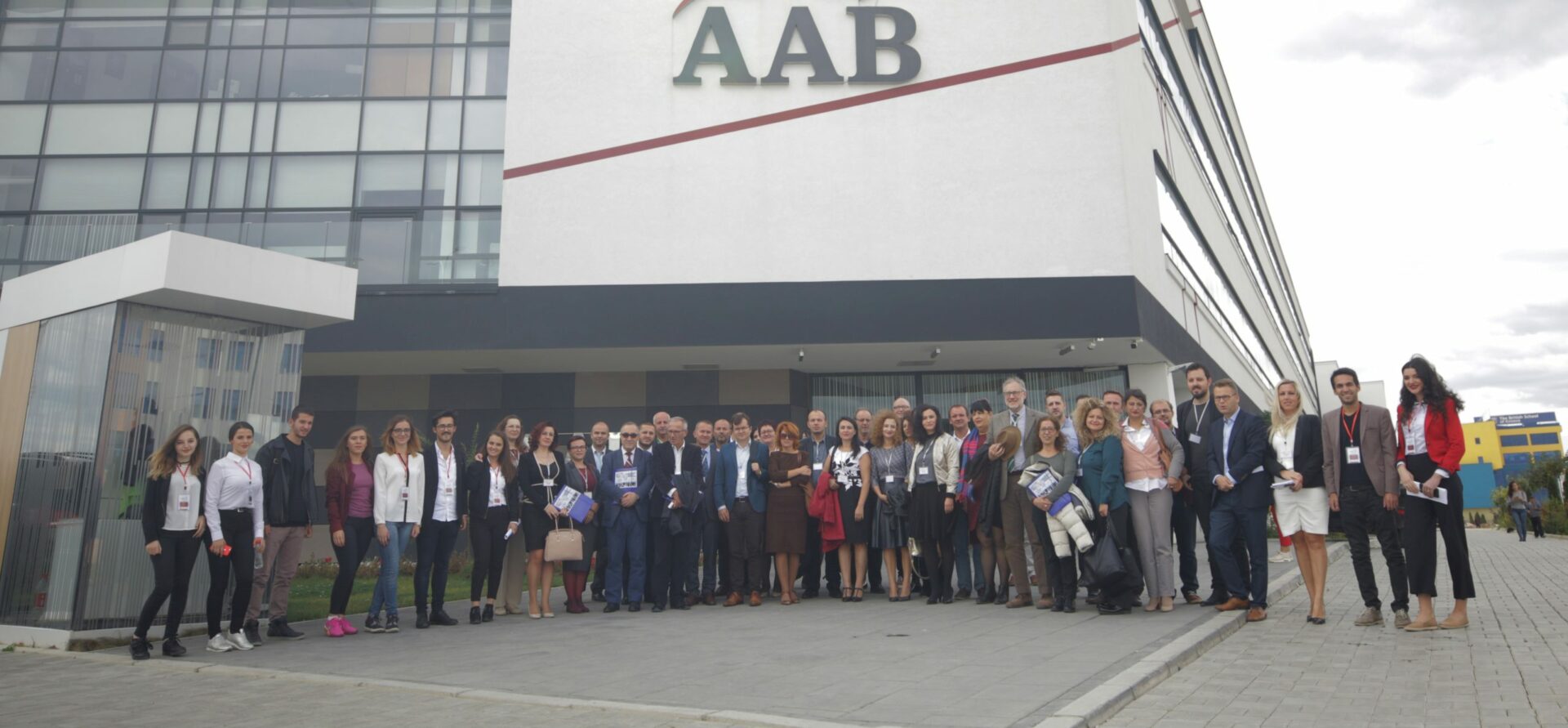


Communication and media problems in Kosovo, Albania and Macedonia are similar to those of Italy and the EU countries, and all of them face technological determinism where social capital and values in society are not created in social media. These were some of the conclusions of the second international scientific communication on media communications, which concluded its works today in Pristina, organized by AAB College, Italian University of Perugia, University of Tirana, University of Elbasan, School of Journalism and Public Relation of Skopje, Bedër University and Macedonian Institute of Communication Studies.
The Italian professor, Rolando Marini, emphasized in the conclusions of the conference that Kosovo, as well as the other countries participating in this conference, have the same problems that the West faces, whereas concerns remain on how to strengthen the socialization and sharing of values in online communications and social media.
For the Macedonian professor, Snezhana Trajkovska, the problem in the Balkan media continues to be the major involvement of politics in the media industry and control exercised through people infiltrated in the media and through various media funding policies. She said this is what makes the public today does not often distinguish real information from false, manipulated information or propaganda.
The professor from Tirana, Ramadan Çipuri, said in the conclusions of the conference that it is time for Albania, in cooperation with Kosovo, to work on drafting a media education text, and this should be part of pre-university curricula and, as he said, these were the conclusions of last year’s conference of researchers from the University of Tirana, AAB College and Bedër University.
In this international scientific conference titled “Media History and Media Transformations”, there were 40 scientific presentations from 44 scholars coming from Kosovo, Italy, Macedonia, Albania, Macedonia, Norway and Germany. There were 25 doctors of communication and media sciences, 7 professors of communications sociology, and others were doctorates of communications and journalists. The topics addressed in this conference were about radio metamorphosis, television transformation, transformation of religious preaching today from traditional media to new media, a-culture in the media, truth and post-truth in today’s media, evolution of online hate speech etc.